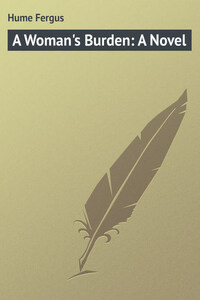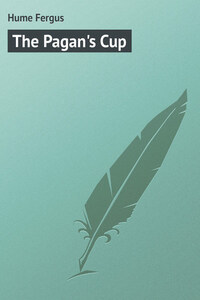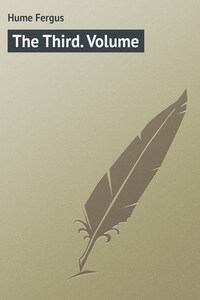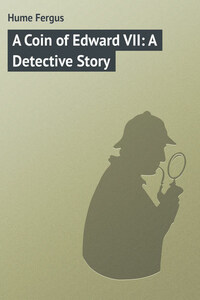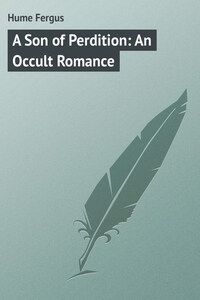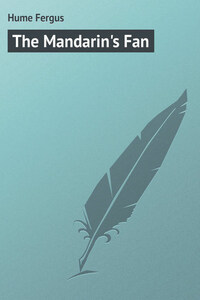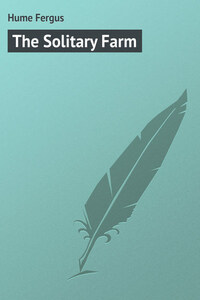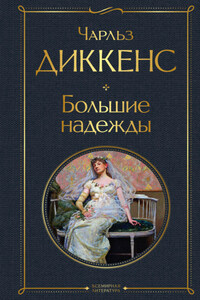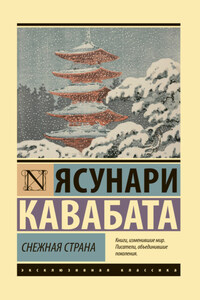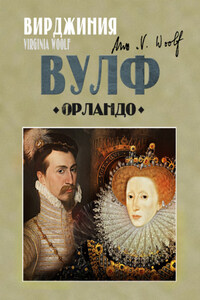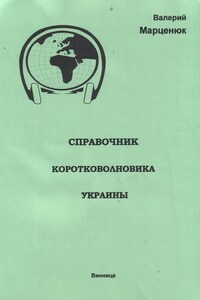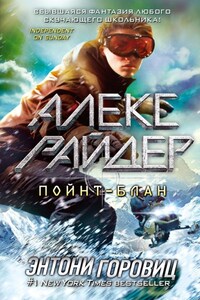CHAPTER I.
A QUEER ADVENTURE
It was midnight – midnight on Waterloo Bridge. A plague was over the city – the concentrated vomit of a million and more chimneys wrapped all in an Egyptian darkness.
The miracle of Moses could not have produced a deeper gloom – an atmosphere more impenetrable. It clung to the skin, it even pressed against the eyeballs. It might in truth have been that very outer darkness which we are taught is reserved for those amongst us who are sinners.
Big Ben and his brethren of the steeples struck a muffled twelve, seeming to insist upon their strokes the more as if they knew their dials were hidden from all sight. The very gas lamps entered into rivalry, some looming out mere splotches of dirty yellow light, while here and there one more modern than its fellows managed successfully to penetrate the gloom. The bridge leapt across the river from fog-bank to fog-bank, like the bridge in Mira's vision, and if the chill mist lifted a trifle toward the centre, it was but a matter of a few feet. And above it all presumably there shone the stars and moon in their spacious firmament, they and their kindly influence shut out, it might be for ever, by the relentless pall.
And in the darkness on the bridge, there crawled and lurked and squatted the noisome creatures of the night. They could hear the sullen lapping of the unseen river against the piles, as it swept full tide from the sea. To their ears, sharpened by hunger and misery, the waters were all articulate, inviting them to exchange their stony resting-place for its softer bed below. And they pondered greatly at the invitation. Were it not better to accept it, and let their half-starved bodies drift seaward with the morning ebb? Nothing, they thought, and truly, could be worse than their present plight. Were it not better to end existence now and for all time? Yet so does the mind of man shrink from the unknown – revolt against the almighty plunge from light to darkness, that of all those hungry miserable creatures, not one got further than the pondering – not one was there who would brave the momentary wrench which should part him from this earthly wretchedness, and give him peace, oblivion even, and that because he did not know, and dared not solve the problem.
So the waters surged on ruthlessly through the arches into the heart of the land, and the fog grew thicker, colder, and more clammy over the city.
Yet humdrum respectability had its representative here withal; and that in the person of an elderly, genteel, moneyed, and apparently unexceptionable gentleman, who should surely rather have been tucked away between blankets, than abroad at such a time and on such a night. For ragged poverty, bedless and foodless, to camp on these stone benches, and seek oblivion there, was in the ordinary course of existence as it runs its way in the daily and nightly round of the great city. Its victims have ample time for reflection, retrospective or prospective – a ruined past, or a wholly problematic future. Workhouse or prison, suicide or starvation – such is their food for thought, with but little or no choice between the evils. But for an irreproachable gentleman of years, who had every sort of comfort at his call, to be pacing about the Surrey side was, in the existing circumstances, truly remarkable.
He appeared to have lost his way, which of itself was natural enough considering all things. He stopped every now and then, and paused, obviously in doubt which way to turn. As he stood deliberating, a small figure emerged, as it were, from nowhere – a very ragged imp – and huskily demanded,
"Wot the blazes 'e was arter?"
Then the gentleman addressed the small figure:
"What bridge is this?" he asked, through the muffler which was tight around his neck.
"It's wuth a tanner, any way, m'lord," answered the boy – such a ragged, stunted, evil-looking boy, true product of the London mud.
Respectability felt instinctively that it was face to face with Iniquity, and that, too, in no very choice neighbourhood, and in a thick fog to boot. Respectability therefore took counsel for a moment, and in the end produced a coin.
Iniquity snatched it, bit it, and spat upon it – why this latter it is difficult to say – through all of which tests the coin seemingly emerged triumphant. It was pocketed, and the sought-for information was hoarsely supplied.
"It's Wat'loo Bridge, m'lord."
Then he vanished into the fog like a dismissed spirit.
The elderly gentleman groped his way on, ever keeping touch of the stone balustrade. Suddenly he started at the sound of a shrill whistle. He quickened his step, for he knew not what such a call might portend, and he had no fancy for being the means of supplying the breakfast-table next morning with sensational matter.
Yet as he moved quickly over the sticky pavement, there came upon him the feeling that he was being followed. What if the boy were a pilot-fish, and had returned to direct the shark towards his prey, and the shark were close at his heels now? The thought was disquieting, and took strong hold of him. He looked round for a policeman, forgetful in his apprehension of the fog. At last he took to his heels. Such a thing it was safe to say he had not done for years, and those years had had their say, as was quickly demonstrated, for he got no further than the centre of the bridge. There a murky halo of light was some small comfort. He paused. What was it he heard? Hurried footsteps surely! His blood seemed more than ever to chill, and he could feel his heart thumping against his ribs. It struck him that this sort of thing was very bad for him. He clutched at his umbrella for want of any stouter weapon. Almost as he did so, a man lunged from out the darkness, and grasped him by the throat.
